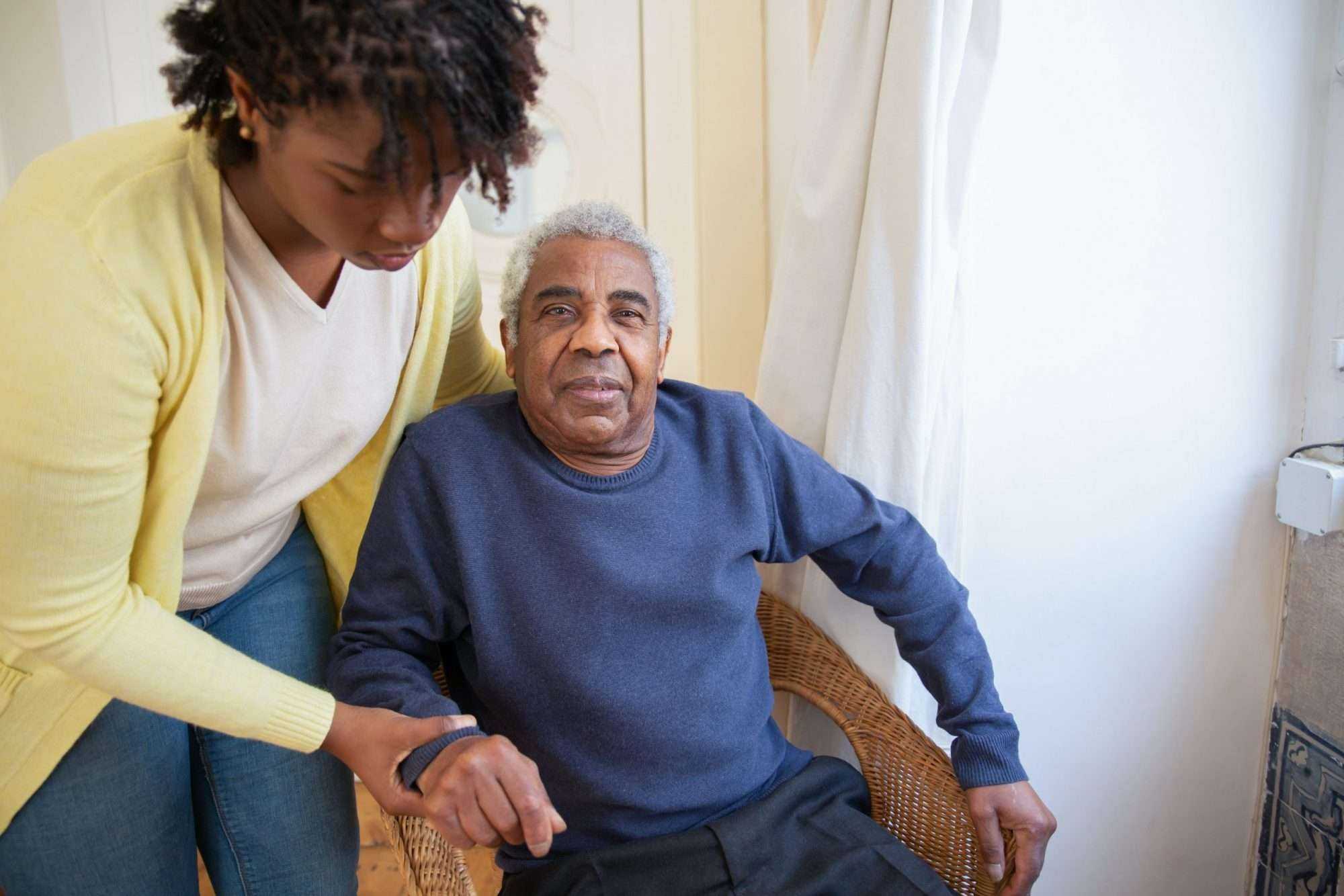BY W. GIFFORD- JONES MD & DIANA GIFFORD-JONES
Readers of a great age face a common problem. It’s called frailty or general weakness. The frail elderly are at risk of falls that require hospitalization, often leading to palliative care. As the condition progresses, independent living at home can become impossible. For people who have reached the end of their desire to continue, frailty presents a medical dilemma for doctors. How much frailty is needed before the doctor allows, “There’s reason enough to end life by Medical Assistance in Dying (MAID),” and would a veterinarian be the better professional to make this decision?
One of the conditions that doctors must decide at the end of life is whether weakness is reversible. This obviously makes sense when considering life or death situations, but frailty is not like a mathematical problem where there is a right or wrong answer.
Many readers know that I have always fought to end needless suffering. I have followed the edict of Hippocrates, the Father of Medicine, who taught that doctors should do no harm. To my mind, allowing crushing agony to continue is more than terribly harmful.
It is because of this attitude that I fought for five years against well-known organizations, such as the Royal Canadian Mounted Police, pharmacists, and politicians who vigorously fought against the legalization of heroin to ease the pain of terminal cancer.
Two things finally helped to legalize heroin. I visited England and Scotland where heroin had been available for 90 years for pain relief. I talked to experts about pain control, which showed that the troubling perceptions surrounding heroin were wrong. I delivered in person forty thousand handwritten letters from readers who had seen loved ones die in pain to the Minister of Health in Ottawa. In 1984, heroin was legalized in Canada to treat pain for terminal cancer patients.
A CMAJ article reported that 53 patients who selected MAID had suffered “multiple geriatric syndromes,” a combination of medical, social and other conditions that involved unbearable suffering. These patients did not have a life-threatening disease, but their lives had degenerated to such a state that a decision to use MAID aligned with the Hippocratic oath.
Other studies show that once severe frailty occurs, patients live 3.5 to four years. Weaknesses often lead to great frustration and depression.
There is no universal answer to this dilemma for doctors. Some physicians will never end lives by MAID due to religious, moral, or ethical grounds. For them, there is no compromise.
My family, on the contrary, is quite pragmatic about the end of life. They know I would not want to suffer from severe frailty. A decision to conclude enough is enough would depend on my: doctor, wife, and children. I have only half-jokingly expressed the opinion that I would want a veterinarian to help make the decision. I know how veterinarians ease the suffering of animals.
Our family has seen the lives of several much-loved dogs ended by painless injection when they are in agony. It’s a shattering moment to bear. But it has always seemed consoling to me that veterinarians and families, without being able to converse with pets, know when their suffering is unbearable and needs to end. Yet some doctors, who are able to discuss this matter with patients, often allow severe weakness and suffering to continue much too long.
So, doctors should listen hard when patients say, “Please, I want to die and end this agony.” After all, the patient is the only one who knows the extent of the pain. Prolonging unbearable pain makes no sense, not to the veterinarian.
Stay in the loop with exclusive news, stories, and insights—delivered straight to your inbox. No fluff, just real content that matters. Sign up today!
Dr. W. Gifford-Jones, MD is a graduate of the University of Toronto and the Harvard Medical School. He trained in general surgery at Strong Memorial Hospital, University of Rochester, Montreal General Hospital, McGill University and in Gynecology at Harvard. His storied medical career began as a general practitioner, ship’s surgeon, and hotel doctor. For more than 40 years, he specialized in gynecology, devoting his practice to the formative issues of women’s health. In 1975, he launched his weekly medical column that has been published by national and local Canadian and U.S. newspapers. Today, the readership remains over seven million. His advice contains a solid dose of common sense and he never sits on the fence with controversial issues. He is the author of nine books including, “The Healthy Barmaid”, his autobiography “You’re Going To Do What?”, “What I Learned as a Medical Journalist”, and “90+ How I Got There!” Many years ago, he was successful in a fight to legalize heroin to help ease the pain of terminal cancer patients. His foundation at that time donated $500,000 to establish the Gifford-Jones Professorship in Pain Control and Palliative Care at the University of Toronto Medical School. At 93 years of age he rappelled from the top of Toronto’s City Hall (30 stories) to raise funds for children with a life-threatening disease through the Make-a-Wish Foundation. Diana Gifford-Jones, the daughter of W. Gifford-Jones, MD, Diana has extensive global experience in health and healthcare policy. Diana is Special Advisor with The Aga Khan University, which operates 2 quaternary care hospitals and numerous secondary hospitals, medical centres, pharmacies, and laboratories in South Asia and Africa. She worked for ten years in the Human Development sectors at the World Bank, including health policy and economics, nutrition, and population health. For over a decade at The Conference Board of Canada, she managed four health-related executive networks, including the Roundtable on Socio-Economic Determinants of Health, the Centre for Chronic Disease Prevention and Management, the Canadian Centre for Environmental Health, and the Centre for Health System Design and Management. Her master’s degree in public policy at Harvard University’s Kennedy School of Government included coursework at Harvard Medical School. She is also a graduate of Wellesley College. She has extensive experience with Canadian universities, including at Carleton University, where she was the Executive Director of the Global Academy. She lived and worked in Japan for four years and speaks Japanese fluently. Diana has the designation as a certified Chartered Director from The Directors College, a joint venture of The Conference Board of Canada and McMaster University. She has recently published a book on the natural health philosophy of W. Gifford-Jones, called No Nonsense Health – Naturally!













